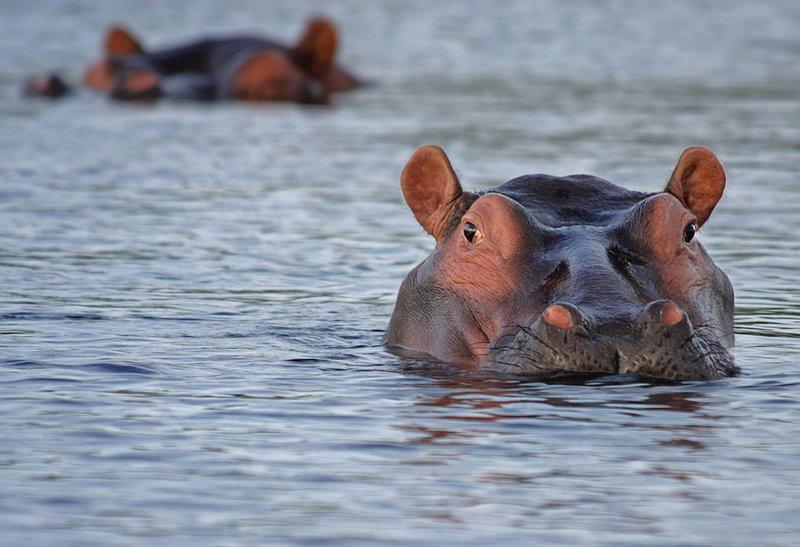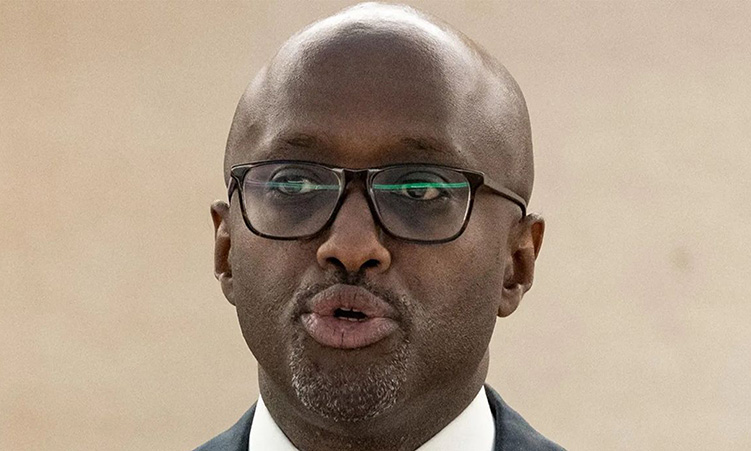WASHINGTON – Georgia and most African nations undertook some of the most fundamental pro-business reforms in the world last year while Eritrea and Venezuela slapped on some of the severest restrictions, a World Bank study said on Tuesday.
Of the 175 countries surveyed in the fourth annual Doing Business report, 112 nations implemented 213 pro-business reforms compared with 25 restrictive measures in 22 economies. Venezuela approved three restrictive measures – the only country to pass more than one.Africa had been last of seven regions in the pace of reform in 2005 and 2006 but it jumped to third place in this report with two-thirds of countries reforming in at least one area.Tanzania and Ghana ranked among the top 10 reformers.”Much of the regulations (in Africa) came in the colonial era from France, Portugal and Belgium,” study co-author Simeon Djankov, pointing to Rwanda scrapping a law from the time of Belgium’s King Leopold that allowed only one notary in a country that now has more than 8 million people.There are now 33 notaries across Rwanda, which has cut delays in starting a business.Few countries are likely to undergo a reform blitz like Georgia, said the report.”In the top reforming economies in the past three years, nearly 85 per cent of reforms took place in the first 15 months of a new government,” the report stated.Georgia is a prime example: the Black Sea state elected a new government in 2004, which pursued simultaneous reforms that catapulted it to one the world’s top countries to do business from a year ago, when it was one of the worst.”Georgia reformed in six of our 10 areas.They are the top performer, they’ve made a spectacular improvement of 75 places in the ranking which is the most we’ve ever seen and possibly the most we’ll ever see,” study co-author Caralee McLiesh said Venezuela dropped in rank 20 places to 164 from 144.It made it less attractive to hire by making it very difficult to fire workers, and is probably the reason why the unemployment rate rose two percentage points, co-author Simeon Djankov said.”Any time somebody says this is a victory for the people, you have to be suspicious.Maybe these measures could work, but they usually don’t work,” Djankov said.Venezuela also denied private banks access to credit information, making them more reluctant to lend, and imposed exchange controls on trade, he said.He suggested starting with administrative changes that do not need legislative approval, cutting red tape, standardising forms and streamlining services.”Many poor countries have very good Internet connections in government so you can make tremendous change with very little money,” Djankov said, offering property registration, credit histories and business start-up applications as candidates.China boosted its standing by cutting red tape in trading, speeding up business entry and raising investor protections as well as establishing a credit information registry that now counts 340 million people.Mexico and Peru were notable for implementing reforms in the final year of their governments’ mandates.Mexico raised it ranking to 43 from 62 the year before.”Latin America is unique in that it has some of the top reformers and worst reformers, but on average it’s not doing so well,” Djankov said.”Perhaps it’s because you’ve had so many elections in the past year, in which case you could see significant reforms next year,” he added.Eritrea, on Africa’s Red Sea coast, fell to 170th position from 168th after the government suspended all construction licenses and banned any private business from entering the building sector, the report said.Nampa-ReutersVenezuela approved three restrictive measures – the only country to pass more than one.Africa had been last of seven regions in the pace of reform in 2005 and 2006 but it jumped to third place in this report with two-thirds of countries reforming in at least one area.Tanzania and Ghana ranked among the top 10 reformers.”Much of the regulations (in Africa) came in the colonial era from France, Portugal and Belgium,” study co-author Simeon Djankov, pointing to Rwanda scrapping a law from the time of Belgium’s King Leopold that allowed only one notary in a country that now has more than 8 million people.There are now 33 notaries across Rwanda, which has cut delays in starting a business.Few countries are likely to undergo a reform blitz like Georgia, said the report.”In the top reforming economies in the past three years, nearly 85 per cent of reforms took place in the first 15 months of a new government,” the report stated.Georgia is a prime example: the Black Sea state elected a new government in 2004, which pursued simultaneous reforms that catapulted it to one the world’s top countries to do business from a year ago, when it was one of the worst.”Georgia reformed in six of our 10 areas.They are the top performer, they’ve made a spectacular improvement of 75 places in the ranking which is the most we’ve ever seen and possibly the most we’ll ever see,” study co-author Caralee McLiesh said Venezuela dropped in rank 20 places to 164 from 144.It made it less attractive to hire by making it very difficult to fire workers, and is probably the reason why the unemployment rate rose two percentage points, co-author Simeon Djankov said.”Any time somebody says this is a victory for the people, you have to be suspicious.Maybe these measures could work, but they usually don’t work,” Djankov said.Venezuela also denied private banks access to credit information, making them more reluctant to lend, and imposed exchange controls on trade, he said.He suggested starting with administrative changes that do not need legislative approval, cutting red tape, standardising forms and streamlining services.”Many poor countries have very good Internet connections in government so you can make tremendous change with very little money,” Djankov said, offering property registration, credit histories and business start-up applications as candidates.China boosted its standing by cutting red tape in trading, speeding up business entry and raising investor protections as well as establishing a credit information registry that now counts 340 million people.Mexico and Peru were notable for implementing reforms in the final year of their governments’ mandates.Mexico raised it ranking to 43 from 62 the year before.”Latin America is unique in that it has some of the top reformers and worst reformers, but on average it’s not doing so well,” Djankov said.”Perhaps it’s because you’ve had so many elections in the past year, in which case you could see significant reforms next year,” he added.Eritrea, on Africa’s Red Sea coast, fell to 170th position from 168th after the government suspended all construction licenses and banned any private business from entering the building sector, the report said.Nampa-Reuters
Stay informed with The Namibian – your source for credible journalism. Get in-depth reporting and opinions for
only N$85 a month. Invest in journalism, invest in democracy –
Subscribe Now!










